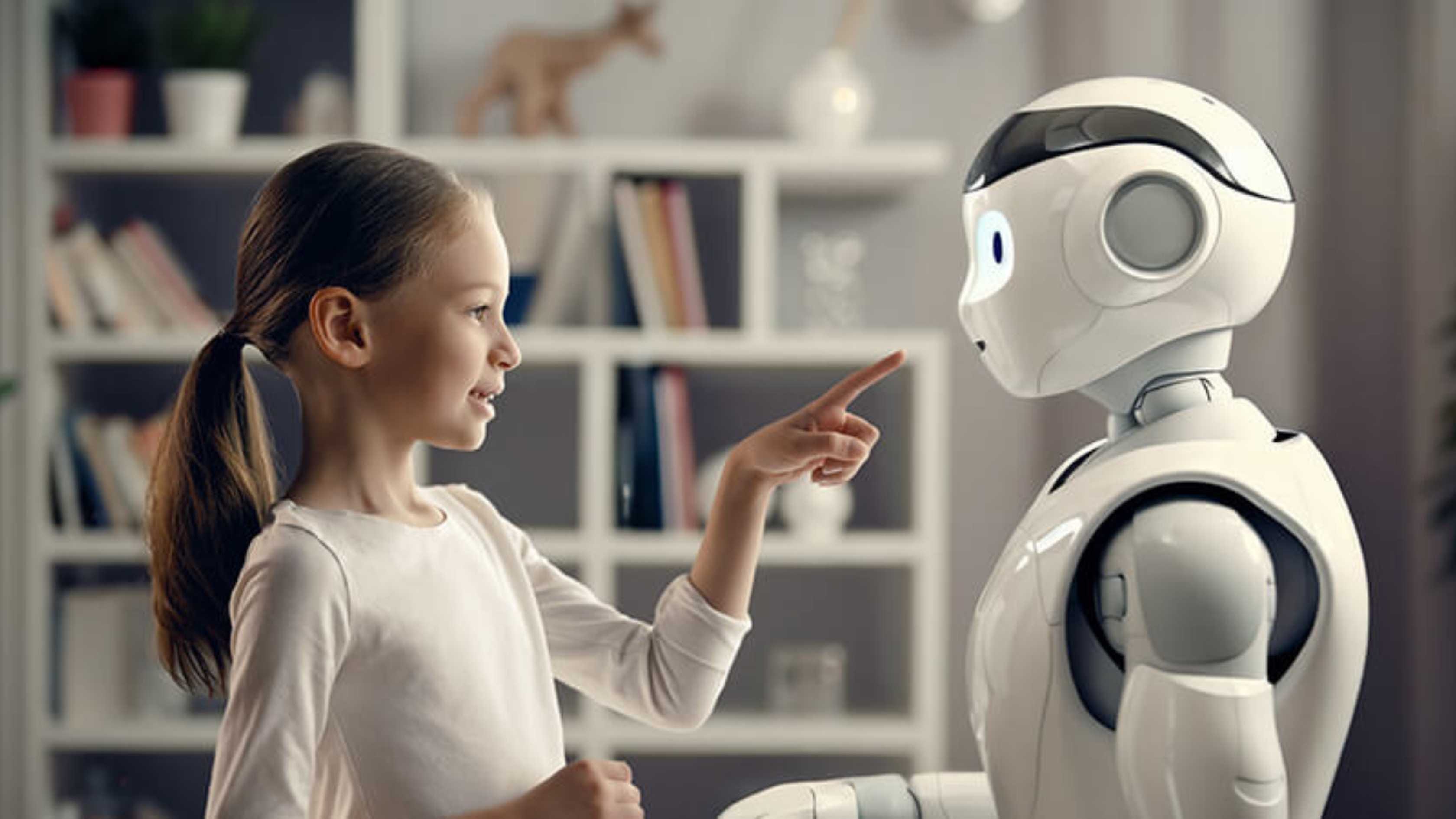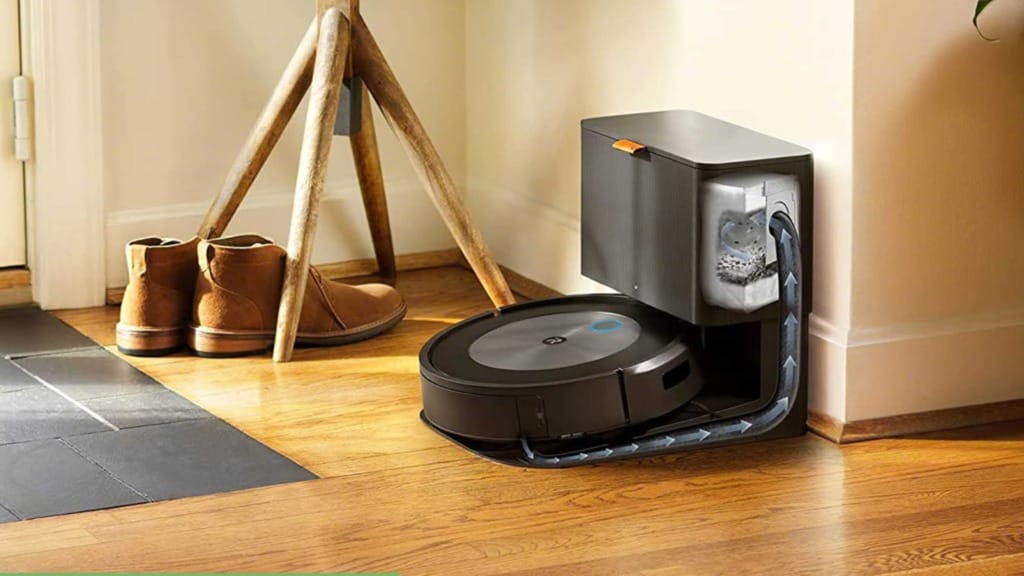Apple explores smart home robots as the next significant innovation
Discover Apple's potential move into the world of home robotics and what it could mean for the future of smart home technology.

Humanoid robots have always seemed just out of reach. Companies like Boston Dynamics, with its Atlas robot, and Tesla are making strides in robotics. Even Mercedes, Amazon, and BMW are testing robots for industrial use. However, these robots are expensive and usually operate in controlled environments. Regarding home use, we might still have a long wait.
Table Of Content
Enter Apple
Mark Gurman from Bloomberg has revealed that Apple’s robotics projects are being overseen by John Giannandrea, a former Google employee. Giannandrea, who has also been in charge of Siri and the now-cancelled Apple Car project, is now steering Apple’s robotics ventures. With the launch of Vision Pro and the potential of “Apple Intelligence,” the prospect of a smart home robot from Apple is a thrilling possibility, isn’t it?
Based on Gurman’s information, a fully humanoid Apple robot might be at least ten years away. However, more straightforward robotic concepts could be closer to reality. These could include more miniature robots that follow you around or a giant iPad on a robotic arm that can mimic the caller’s expressions with nods and gestures.
Creating a mobile home robot is not a simple task. Apple would need to consider a multitude of factors. What exactly would Apple do with a robot that follows you around your house? Would it play music, have wheels, or even walk? Would you need to interact with it through Siri or another chatbot, possibly linked to Apple’s rumoured deal with OpenAI? These are just a few of the many challenges Apple would face in this endeavour.
What form will it take?
The design of the robot will be crucial. Homes have stairs, furniture, clothes on the floor, pets, and kids’ toys everywhere. Sometimes doors don’t open properly due to weather changes, and haphazard renovations can create unexpected obstacles. A robot in such an environment must be adaptable and robust, a challenge that Apple and other companies are surely aware of.
Currently, the details of Apple’s robotics plans are still being determined. But there is a trend towards creating charming novelty robots. For instance, Samsung has introduced the Bot Handy, a robot vacuum with an arm for picking up items or sorting dishes. Samsung also showcased Ballie, a small, ball-shaped robot that follows you around and has a built-in projector for movies and video calls.
In contrast, Amazon’s home robot, Astro, costs US$1,600 and is available by invitation only. Astro resembles a late ’90s Compaq computer and seems less valuable than a few cheap cameras and an Echo Dot.
LG’s Q9 “AI Agent” is a roving smart home controller that supposedly can guess your mood and play music accordingly. Though this claim is dubious, the Q9 has a handle, which adds a practical touch.
The future of home robots
We all dream of a future filled with robotic assistants handling mundane chores so we can focus on more enjoyable activities. However, most homes are chaotic environments, which poses a significant challenge for these robots. The neat and orderly spaces seen in tech company videos are far from the reality of many households.
There are other, more straightforward paths to explore. For example, while noisy, the Ring Always Home Cam is a patrolling security camera that offers promise due to its focused functionality. Predictable, single-purpose devices are more successful because they can be placed in consistent environments where they are most helpful.

Current robot vacuums, like the Eufy Robovac L35 and Roomba j7, perform adequately but require occasional rescuing from household clutter. Preparing the way for these robots can sometimes add more work, particularly in homes with children and pets.
Generative AI, while promising, hasn’t yet proven to be much better than these basic robots at performing household tasks. Although companies like Google and Toyota have seen some success with AI-trained robots for specific tasks, it will likely be years or even decades before we see truly useful and reliable home robots. This gives Apple a unique opportunity to make a significant impact on the industry.
Until then, the dream of having robots that efficiently and reliably help around the house remains just that—a dream. However, Apple’s potential venture into home robotics could be a game-changer, revolutionising the way we interact with our homes. It’s an exciting prospect, but it faces many hurdles before it can become a reality in everyday homes.















